In the intricate web of today’s digital marketplace, data is the currency that powers connections between businesses and their customers. But as the rules governing consumer data grow increasingly stringent, companies are encountering formidable challenges. The recent policy changes by tech giants like Apple, which may seem incremental, are having profound ripple effects, especially for online and app-based businesses. These updates, which encompass stricter app approval processes and enhanced checks for app marketplaces, are reflective of a broader trend toward consumer data protection and tracking.
Over the weekend, I was reading and thinking about the challenges of e-commerce platforms dealing with sudden shifts in customer outreach mechanisms, which presents a daunting obstacle. It’s not just large corporations that are affected; small online retailers are equally at risk of customer backlash or regulatory penalties if they mishandle customer data. Building and maintaining consumer trust hinges on the respectful treatment of their personal information.
The key to staying afloat is not just reacting to these changes as they arise but anticipating and adapting to them proactively. This foresight aligns business practices with emerging regulations, safeguarding growth and innovation. Yet, keeping pace with the evolving data privacy landscape need not be a labyrinthine task. With the right tools and strategies, companies can strike a balance between protecting consumer data and pursuing business objectives.
Freeing Up Resources for Strategic Growth
For businesses to focus on novel use cases and comply with changing regulations, they must discern where to concentrate their efforts. Routine manual cumbersome tasks, such as managing data deletion requests and verifying data consent, are crucial but can monopolize valuable time. This is where technology steps in as a liberator. Automated tools exist that can meticulously handle these privacy-related tasks, ensuring data is appropriately deleted across all systems and user consent is verified with precision. These digital solutions act as indefatigable aids, freeing human teams to engage in more nuanced and inventive work.
With such technological support, teams can delve into developing new customer experiences and staying abreast of the latest data protection trends. Rather than being mired in day-to-day operational tasks, they can focus on innovation and strategic planning. It’s a more intelligent mode of operation that benefits both the business and its clientele.
By strategically harnessing technology for routine but labor intensive compliance tasks, companies can allocate their human capital to areas where it’s most impactful: understanding and addressing customer needs, exploring innovative solutions, and maintaining a competitive edge in a dynamic environment.
Understanding Recent App and Affiliate Tracking Changes
The recent policy changes by Apple, such as the mandatory notarization for iOS apps and authorization for marketplace developers, signify a critical shift in app distribution and security protocols. Notarization ensures that all iOS apps undergo a rigorous review process that combines automated screening with human oversight, establishing a baseline security standard to protect users from malicious software. Additionally, marketplace developer authorization mandates that app distributors commit to Apple’s security and privacy guidelines to maintain a secure and trustworthy app ecosystem.
I took a look to understand the impact with e-commerce companies with significant affiliate networks, it’s imperative to integrate additional measures into their tracking strategies. Prioritizing first-party data collection with clear user consent, maintaining transparency around affiliate links, and ensuring compliance with both platform policies and privacy laws are key to adapting to these changes. Regular audits of affiliate tracking mechanisms and establishing clear data sharing agreements with partners are necessary steps to responsible data management.
By embracing automation and intelligent data governance, businesses can effectively manage the implications of these policy updates. With the support of AI-driven data privacy and compliance tools and the work my team and I are undertaking at Pyxos, companies can protect their operations from potential pitfalls while enabling their teams to concentrate on innovation and strategic growth. This approach ensures resilience and competitive advantage in the rapidly changing digital marketplace.



